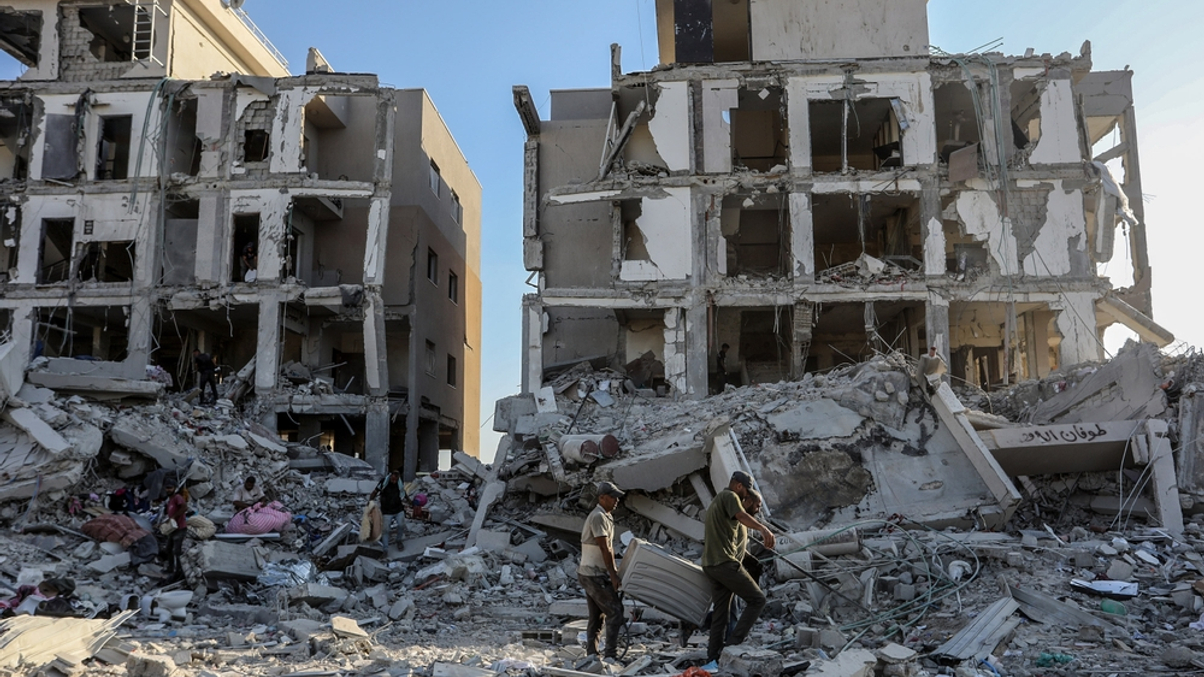Norway's KLP explains how it exits assets in conflict zones
Against a war-torn global backdrop, executives at the Norwegian pension fund and Japanese brewer Kirin talk about their exits from businesses operating in Gaza, Myanmar and elsewhere.

Businesses and their shareholders are under rising pressure to ensure they are respecting human rights in light of proliferating conflicts, from those in Gaza to Myanmar, Sudan to Ukraine, and beyond.
Sign in to read on!
Registered users get 2 free articles in 30 days.
Subscribers have full unlimited access to AsianInvestor
Not signed up? New users get 2 free articles per month, plus a 7-day unlimited free trial.
¬ Haymarket Media Limited. All rights reserved.


